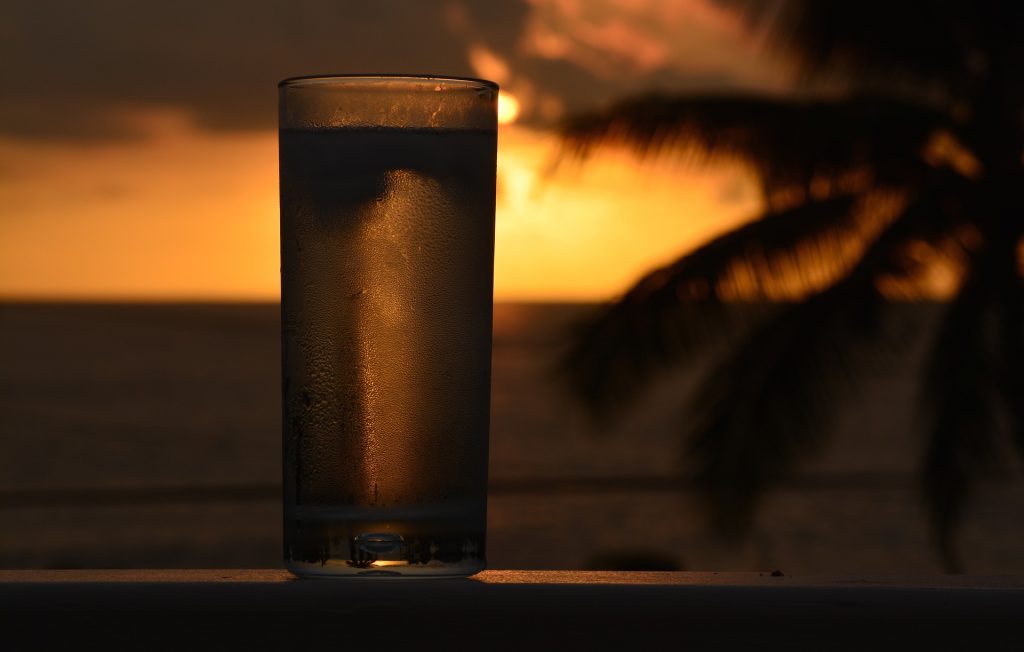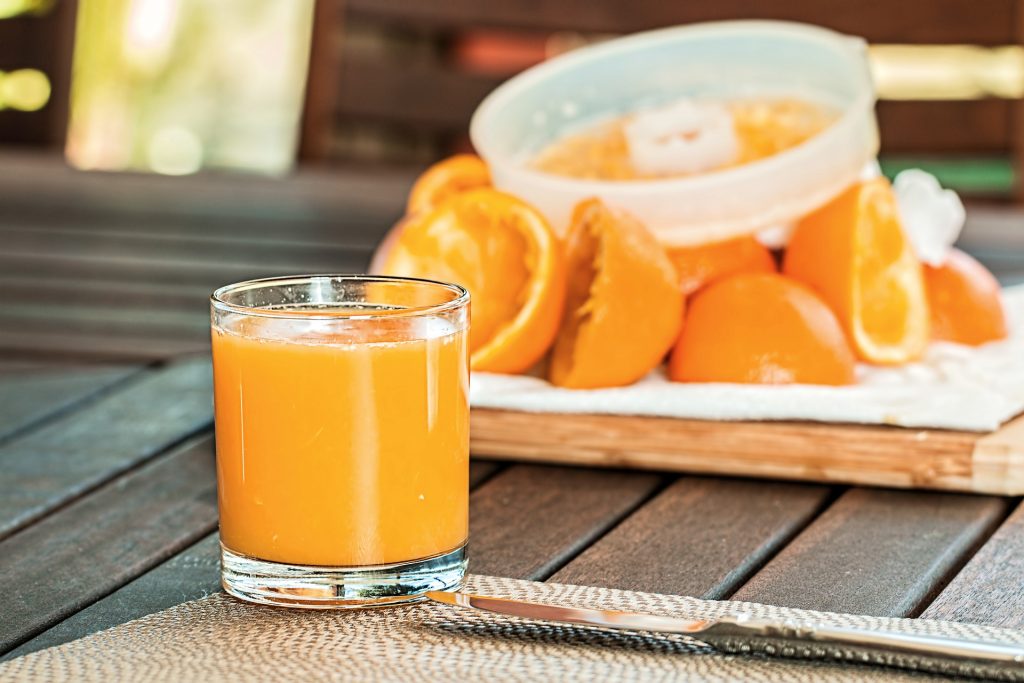 Evidence is accumulating in the nutritional literature to show that sugar sweetened soft drinks are detrimental to the health. In particular, soft drink provide too much refined sugar (often sucrose or high fructose corn syrup) in too short a time frame and this overloads the cells of the body with fructose. This fructose then pases down the de novo lipogenesis pathway in the liver, resulting in the synthesis of fatty acids. These fatty acids then pass to the tissues where they accumulate. The accumulation of fatty acids overloads the cells with nutrients and as the oxidation rate increases the generation of free radicals also increases. This depletes the cell of antioxidants and induces oxidative stress. In response to this injury, the cell downregulates the insulin receptor and prevents insulin activating the glucose transporters contained within the cell. In addition, the fatty acids from the de novo lipogenesis pathway may directly inhibit the insulin receptor cascade, providing additional inhibition of the insulin signal system.
Evidence is accumulating in the nutritional literature to show that sugar sweetened soft drinks are detrimental to the health. In particular, soft drink provide too much refined sugar (often sucrose or high fructose corn syrup) in too short a time frame and this overloads the cells of the body with fructose. This fructose then pases down the de novo lipogenesis pathway in the liver, resulting in the synthesis of fatty acids. These fatty acids then pass to the tissues where they accumulate. The accumulation of fatty acids overloads the cells with nutrients and as the oxidation rate increases the generation of free radicals also increases. This depletes the cell of antioxidants and induces oxidative stress. In response to this injury, the cell downregulates the insulin receptor and prevents insulin activating the glucose transporters contained within the cell. In addition, the fatty acids from the de novo lipogenesis pathway may directly inhibit the insulin receptor cascade, providing additional inhibition of the insulin signal system.

Sugar sweetened soft drink consumption is associated with hypertension. This likely relates to the ability of soft drinks to cause insulin resistance.
High intakes of sucrose and fructose in its refined crystalline form, as found in soft drinks, have been shown to induce insulin resistance in mammals including dogs, rats and humans in just a few weeks. Insulin resistance is the driver of a number diseases that develop within the umbrella term the metabolic syndrome. Characterised by an underlying insulin resistance the metabolic syndrome includes elevations in blood pressure and the development of cardiovascular disease. Soft drink may be a cause of the metabolic syndrome and recent evidence links consumption of sugar sweetened soft drinks with elevations in blood pressures. For example in one study, researcher performed a meta-analysis to determine the association between soft drink consumption and blood pressure changes. The results showed that the highest consumption of sugar sweetened soft drink consumption increased the risk of developing hypertension by 12 % compared to the lowest consumption, although significant heterogeneity did exist.

If sugar soft drink increase the risk of hypertension, they may be a direct cause of cardiovascular disease. Fruit juices should be thought of as producing the same physiological and biochemical changes as sugar sweetened soft drinks.
Dr Robert Barrington’s Nutritional Comments: This study showed that every additional serving of sugar sweetened soft drink (from zero to one or more), the risk of developing hypertension increased by 8.2 %. This shows that even low intakes of sugar sweetened soft drink may cause significant detrimental health problems. Sugar sweetened soft drink have no place in a high quality healthy and balanced diet and any consumption may have detrimental effects on long term health. Evidence is also accumulating to suggest that fruit juice also has a similar effect to sugar sweetened soft drinks and the idea that fruit juice is a healthy drink should be questioned and challenged. The association between sugar sweetened soft drink consumption and disease is now fairly well established and yet consumption continues to rise. Energy drinks being the latest incarnation of the sugary water drink concept, have accelerated the consumption of sugar amongst the young and may increase hypertension rate amongst this generation in the future.
Eat Well, Stay Healthy, Protect Yourself
RdB
